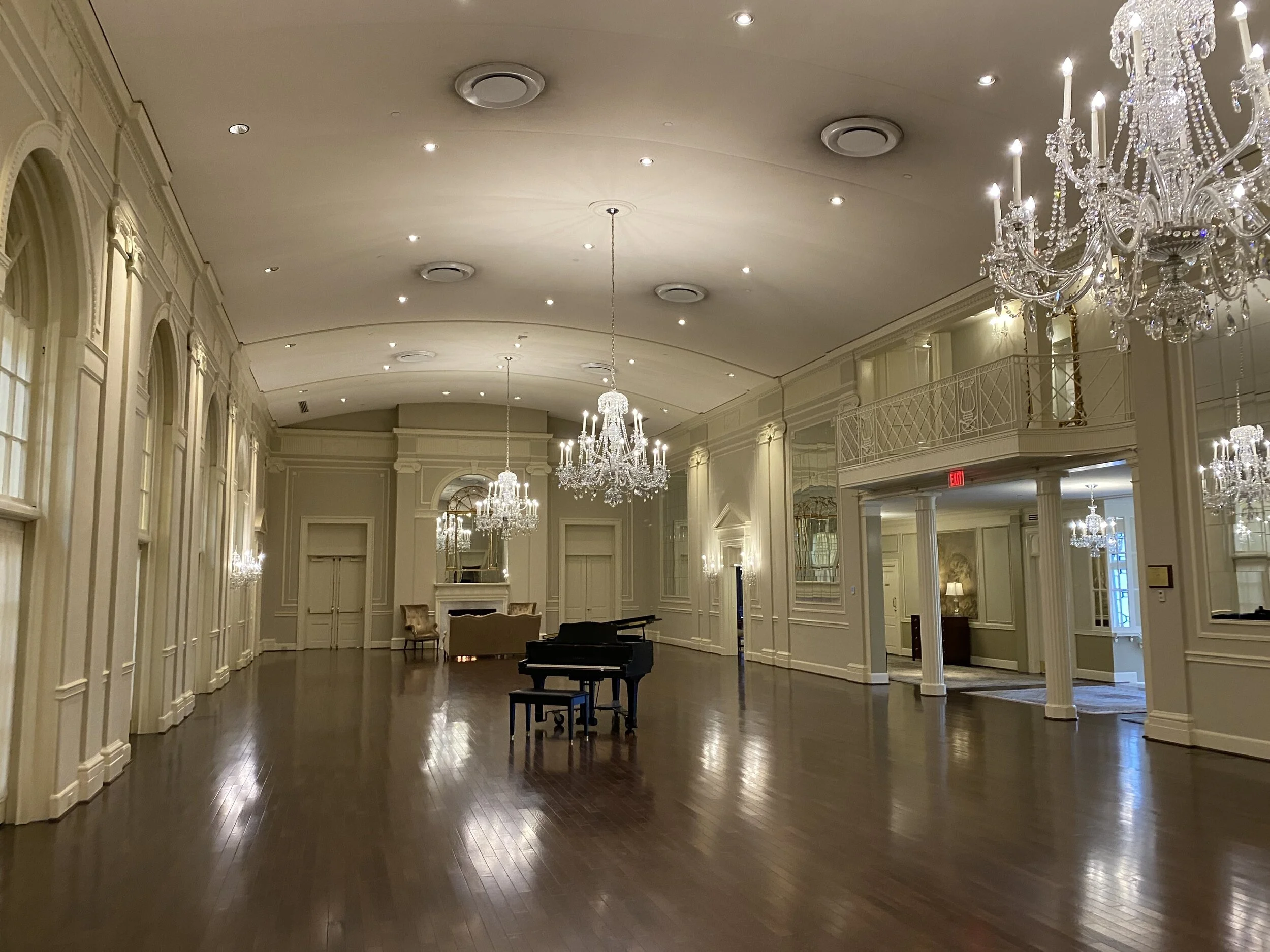When it comes to taking tricks, immediate winners are our starting point. Then come the winners that we can develop using Promotion, Length, or Finesse. Here we look in detail at the technique of finesse. A finesse is an act of taking a trick in a suit with a card that is not the “master” card in that suit. We do this by taking advantage of the location of the card that is higher-ranking (by finessing against it). A finesse usually requires a tenace of honors that allows us take advantage of a favorably located honor of the opponents (a holding like AQ with the King in front of it). There are other kinds of finesses as well. Let’s look at this method in detail.
(616) Fundamentals of Trick Taking - Ruffing Losers
When we declare a hand in a suit contact, we usually look at our number of losers. We start by counting our certain losers (the ones we know we cannot avoid), then estimate our potential losers, and make a plan for trying to get rid of as many of our potential losers as possible. We start by approximating our losers from the long trump side (which is frequently declarer’s hand). When we have potential losers in a side suit, one of the ways that we can get rid of these losers is by trumping them with the short side’s trump. Ruffing losers in the short side is a useful declarer play technique and one we need to make sure to make use whenever possible.
(551) Competitive Auctions: Bidding over 3-Level and 4-Level Preempts
When the opponents open at the 3-level or 4-level they put a lot of pressure on us to make difficult decisions without much room to maneuver or describe our hand. This preempt will force us to either double or overcall at a very high level – we will not have many of the options that are available to us at lower levels. Let’s look at each of these options and see how we need to adjust our thinking and bidding because of the lack of space and options available to us.










